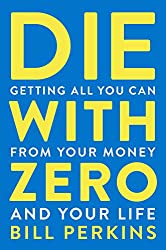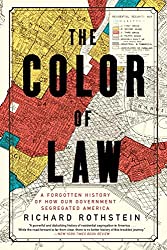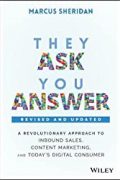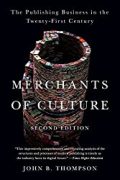
Rating: 9.4/10.
Summary
This is a personal finance book, but runs contrary to most advice in this genre. A lot of people save a large chunk of their money, but never get around to spending it, and any money that’s still unused when you die is “wasted”, since it represents hours that you put in to your work without obtaining any reward. Thus, you should aim to die with zero (or as little money as possible).
We often save to delay gratification until retirement, but this is a bad idea because many experiences are only possible when you’re young (eg: skiing). As you get older, you have less ability to convert money into positive experiences, and this eventually goes to zero as you’re confined to a hospital bed in your dying days. Another reason is the “compounding” effect as experiences build off one another and change your personality, so it is always better to experience things earlier rather than later.
There are a few common reasons why people continue to save even as they’re reaching old age. There is a fear of reaching zero before you died (longevity risk). This is a legitimate risk, but you can mitigate it through annuities, which you buy once and pays you a fixed sum until you die. Another fear is of expensive healthcare costs, but you should buy insurance if you’re worried about this, rather than try to save for the worst-case possibility. Even then, it is still silly to spend years of hard-earned money just to buy yourself a few more days in an ICU bed. Our lifespans are fairly predictable (average about 85), so we should not live as though it was infinite.
Most people justify their saving as wanting to leave more for their kids, but this is problematic too. On average, your kids will be in their 50s or 60s by the time you die, at which point they’ve probably got enough money already. It is better to give your children money when they’re between 25-35, since they’re old enough not to spend it irresponsibly, but at an age where money makes a big impact on their lives. It is likely that people only give to their children because they can’t take their wealth into the grave.
It is wise to spend money to acquire experiences; keep in mind that you need not only money, but also time and health to acquire experiences. Thus, it makes sense to spend money to save time and use money to improve your health. Your “golden years” when you have the maximum of all three are not in the typical retirement years, but during your 40-50s, and you should also aim for your net worth to reach its peak around this time.
Reflections
This is the first personal finance book in a while that made me change my spending habits. Most personal finance advice says to reduce expenses and save as much as possible, with the goal of maximizing your wealth, and is usually vague about when you should spend more than necessary. This book frames the problem in a completely different way, viewing money not as an end in itself, and assumes a good life is one with many positive experiences. This certainly sounds reasonable, making dying with zero a very attractive goal.



